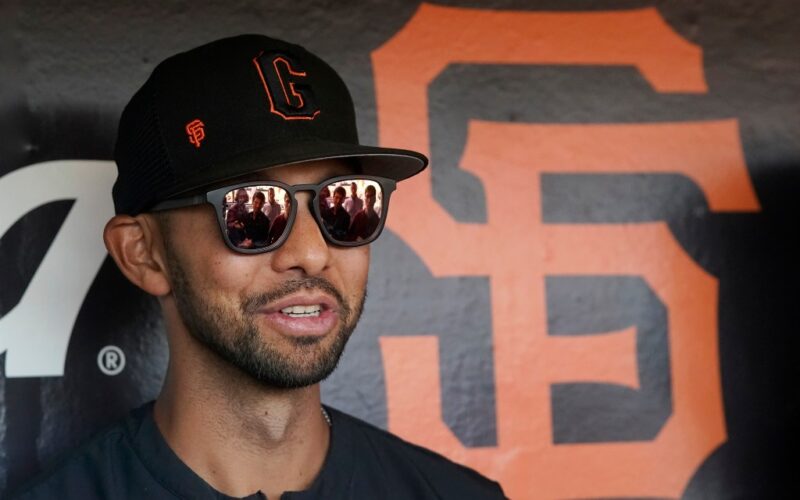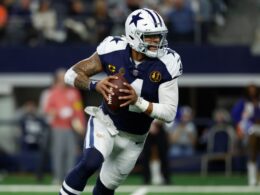The defensive transformation of the Mets began nearly as soon as the 2025 season ended. One of the club’s first big moves toward better run prevention in 2025 was to hire Kai Correa as Carlos Mendoza’s bench coach, a 37-year-old described as a “defensive mastermind” throughout baseball circles.
A native of Hilo, Hawaii, Correa comes to the Mets after two seasons with the Cleveland Guardians. Prior to that, Correa held his first bench coach role with the San Francisco Giants under manager Gabe Kapler. Correa’s role with Cleveland was extensive, as is evidenced by his full title with the Guardians — field coordinator/director of defense, baserunning and game strategy — showing just how much he impacted the team.
“Kai comes to us is really one of the best defensive coaching minds in the game,” Mets president of baseball operations David Stearns said recently. “He’s someone who has established a reputation from people he’s worked with and players he’s coached repeatedly. He’s innovative, [he] can really move teams and organizations forward on that side of the ball.”
Guardians manager Stephen Vogt described him as “one of the smartest minds in baseball” in an October radio interview. Cleveland has been known for it’s staunch defense with Correa, with the Guardians owning the third-best Fangraphs defensive ranking in 2025 and the fourth-best in 2024.
Those who have worked with him say he’s effectively able to blend old-school values with new-school approaches. He’s data-driven, using analytics for defensive positioning, but doesn’t rely solely on analytics. He also understands how to communicate the analytical information to players who have varying aptitudes for the information. He can coach two different players in two different ways, getting elite results from both.
Mark Vientos, a third baseman who has yet to be able to find his footing at the hot corner (both literally and metaphorically), has been sending Correa videos of his offseason workouts.
“I’ve just heard so much good stuff about his knowledge of the game and how much he knows,” Vientos said. “I’m excited.”
The Mets consider Vientos a “bat-first” player, but the 26-year-old has always been eager to improve his defense. He’s putting in equal amounts of work at third base and first base this winter, with the goal of being able to play multiple positions, and play them well.
“I’m working to maximize my potential, and I think right now, what I’m focused on is the range aspect,” Vientos said. “That’s what all the coaches are kind of like pushing towards. I talked to Kai, and he’s the one that’s been telling me about that.”
Correa never played at a high level himself, with his highest level of baseball being his four years as an infielder at Division III University of Puget Sound, a small liberal arts school in Tacoma, Wash. Immediately after graduating, Correa began his coaching career with his alma mater, then went to the University of Northern Colorado for four seasons.
When he started posting videos of infield drills on social media, the professional baseball world took notice.
The Mets have been relatively solid since Stearns took over the baseball operations efforts, but not nearly as good as hoped. They have dynamic defenders capable of making highlight-reel plays, and elite defenders up the middle with shortstop Francisco Lindor, second baseman Marcus Semien and center fielder Tyrone Taylor, but as a whole, there have been too many times when lax play was costly and the Mets appeared to forget the fundamentals. This was especially true in 2025.
Correa will be tasked with making a good group great, and helping to maximize their collective and individual defensive abilities.
“I think coaches can impact players in a number of different ways. At a base level it’s, what drills are we asking players to do? How are we catering some of our instruction to individual player needs, how are we working with players on a daily basis?” Stearns said. “Then, yes, some of the in-game strategy elements that coaches are working on day in and day out with some members of our front office. It’s the coach’s job and responsibility to execute and make those real in game decisions about some of our defensive strategies.
“Kai has distinguished himself in all those areas throughout his career, and we think he’s really going to help our organization.”








